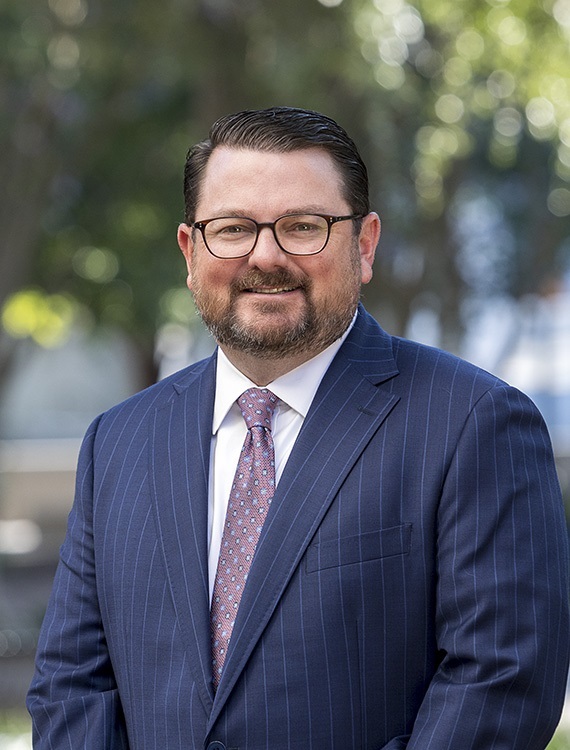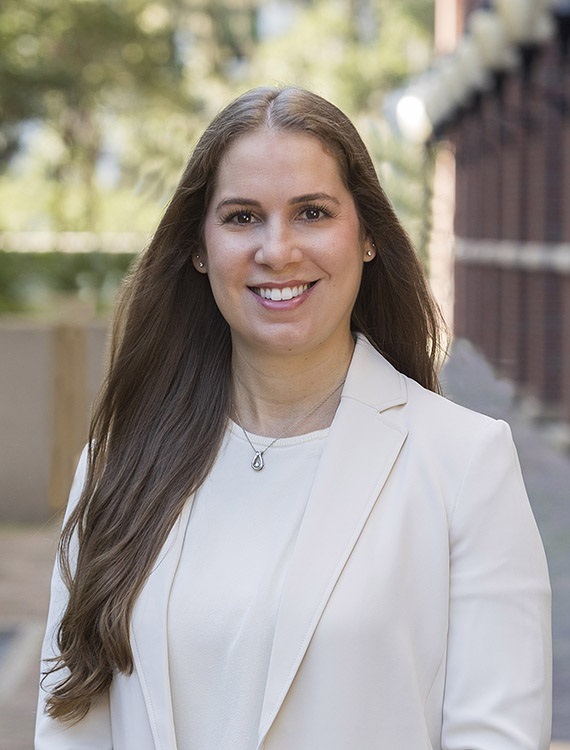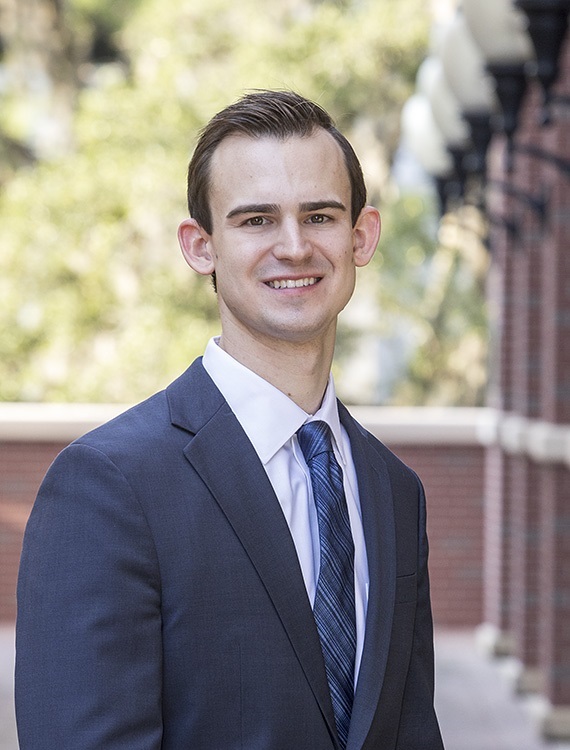11th Circuit Finds Approved Form Not Required for Law and Ordinance Increases

The 11th Circuit Court of Appeal in Allen v. USAA Casualty Insurance Company considered whether section 627.7011(2), Florida Statutes, requires an insurer to confirm both increases and decreases of law and ordinance coverage on an OIR-approved form, or whether the requirement to use an approved form applies only when a policyholder decreases coverage below the 25% level. The court found the latter to be the case— that an insurer must obtain the policyholder’s election on an approved form only when the policyholder is reducing coverage below 25%.
The case arose when a policyholder brought a purported class action against the insurer alleging that the policyholder, and others similarly situated, overpaid for insurance when the insurer provided 50% law and ordinance coverage but did not obtain their coverage elections on an OIR-approved form. The district court dismissed the policyholder’s complaint, and the policyholder appealed.
The policyholder argued that section 627.7011(2), Florida Statues, required the insurer to have obtained written consent on an OIR-approved form before increasing the law and ordinance coverage amount to 50%. The policyholder focused on a statement in the statute providing that, “[t]he rejection or selection of alternative coverage must be made on a form approved by [OIR].” The policyholder argued that the reference to “alternative coverage” means any coverage other than 25%.
The 11th circuit analyzed the statute and found that subsection (2) must be read in conjunction with subsection (1) of the same statute. Reading the provisions together, the court found that if a policyholder does not reject the coverage specified in subsection (1) on an approved form, the policy will be deemed to include 25% law and ordinance coverage. This ensures that a policyholder failing to make an election receives at least a basic (25%) level of law and ordinance coverage. The court pointed out that the form referenced in subsection (2) relates to the “rejection” of law and ordinance coverage, which is inconsistent with an attempt to apply the requirement to increased law and ordinance coverage. The court also observed that subsection (4) of the statute expresses a legislative intent to ensure that policyholders have “sufficient” coverage without any indication that the legislature was concerned with policyholders’ obtaining too much coverage.
The court ultimately concluded that the overriding purpose of section 627.7011 is to reduce the prevalence of underinsurance not to prevent over-insurance. As a result, the court agreed that the district court’s dismissal of the complaint was proper.
Interestingly, the court went on to say that even if the insurer had violated the statute by failing to confirm the 50% law and ordinance election on an OIR-approved form, the district court’s dismissal of the complaint still would have been proper due to section 627.418(1), Florida Statutes. This statute provides that if an insurer delivers a policy for an amount exceeding any limitations under the insurance code, the insurer remains liable for the full amount of coverage in addition to any penalties provided by law. The 11th circuit found that the “only plausible reading” of the statute is that when a policy provides coverage beyond any limitation of the insurance code, the court must enforce the contract as written unless the insurance code expressly authorizes other penalties. The policyholder did not cite any penalties that would apply, so the court would have been left to enforce the contract as written and the lawsuit would have been improper.
The 11th circuit therefore affirmed the district court’s dismissal of the complaint both because it did not find a violation of the insurance code and because, even if a violation existed, the policy would have been enforceable. The 11th circuit also rejected a motion by the policyholder to certify questions to the Florida Supreme Court.












